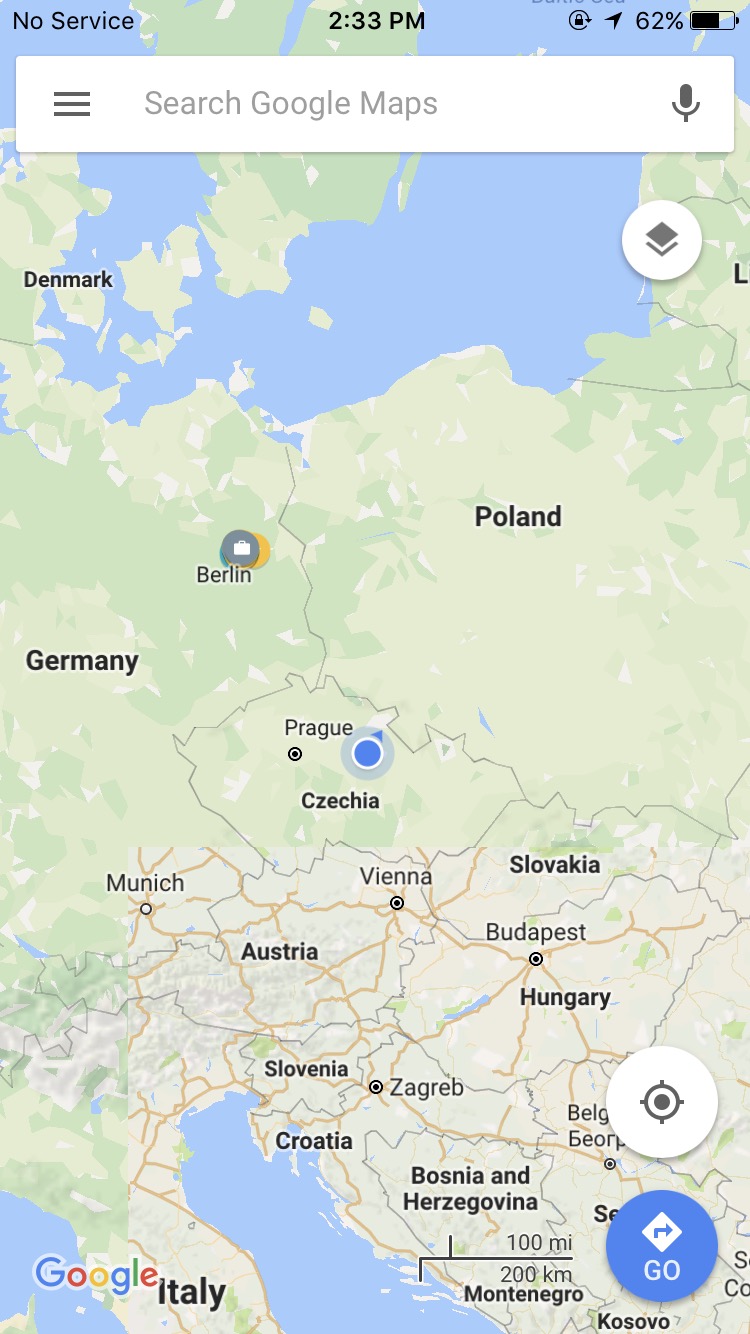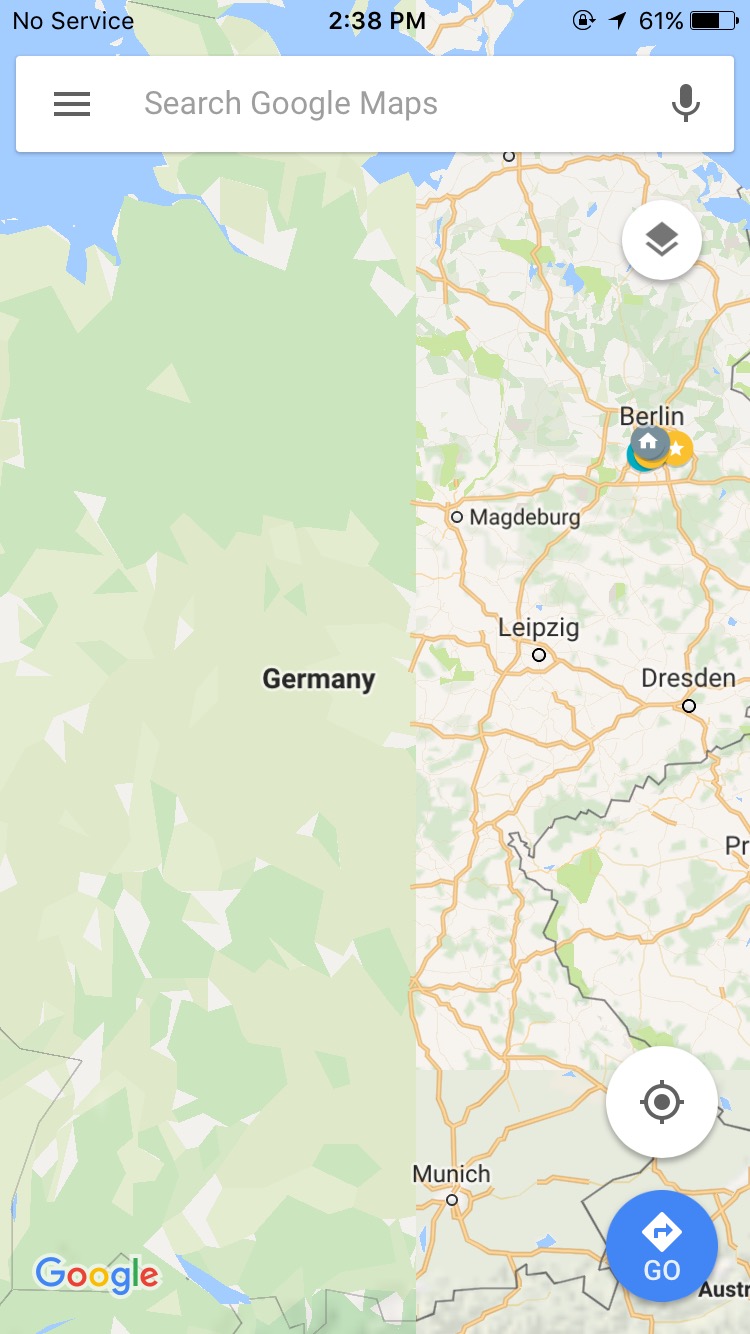This morning a friend sent me this link to a Jim Cramer CNBC interview with the CEO of a company called Talend. I told my friend this is what I consider “Brain Junk”.
I first heard the phrase from Naval of AngelList on the knowledge project podcast. I really like it because for long, I didn’t have a term to describe such things.
My friend asked why I consider this as brain junk?
Because it focuses on what’s on the surface vs the underlying truth and complexities behind the topic of the discussion. When you look at the questions he asked and the answers the other guy replied, you can’t derive any conclusion on whether this company is good or bad.
“[Rephrasing] How do you win against Microsoft and Oracle? We are more agile, better technically, and have better pricing” what does this mean? Do they have technology that the other folks can’t compete with? Maybe they just didn’t go after him yet, or the pie is too small, or maybe he is right and after a great opportunity. But this 5 minutes interview doesn’t tell you anything beyond what you can read in a tweet summarizing the earnings.

The second reason I consider this brain junk is that it is almost never contrarian to the public sentiment. It is called mainstream media because it is “mainstream” and everyone knows it. Sometimes it is insightful, but my heuristic is if it is insightful enough, one of my information sources will get it in front of me.
Interesting things and ideas are in places where there is less noise. Where nobody is paying attention, and no one cares.
That’s why I try to avoid brain junk and focus on getting more “brain nutrition”. I have some rules and heuristics for doing this. It took me years to build these filters and it is an always evolving process. That’s why I am currently happy with my information diet, that’s a topic for another post.




